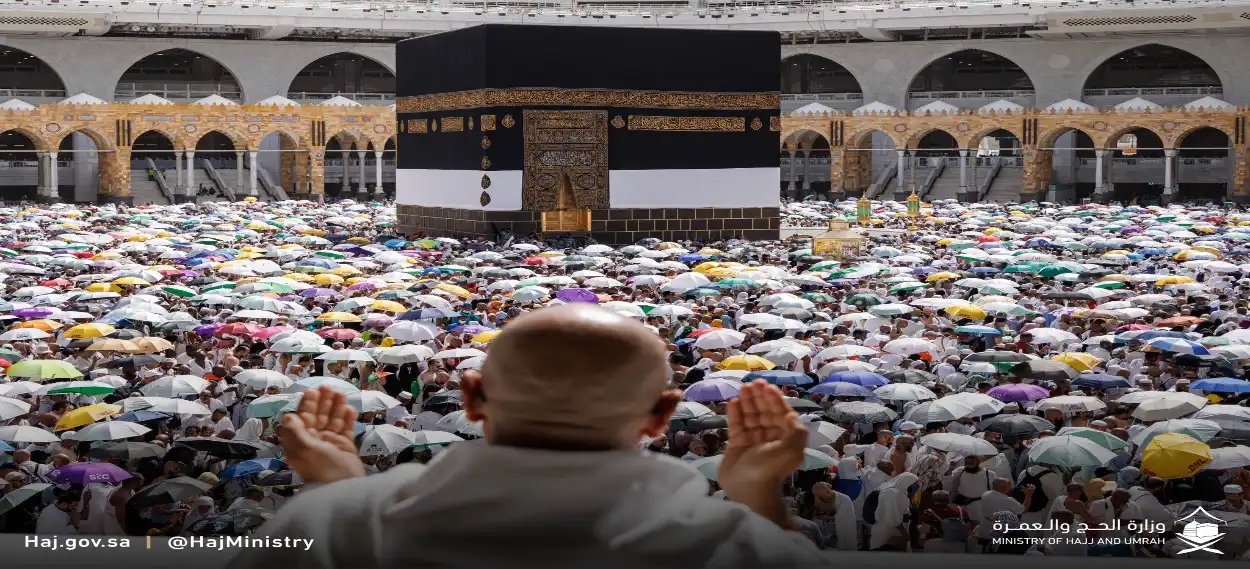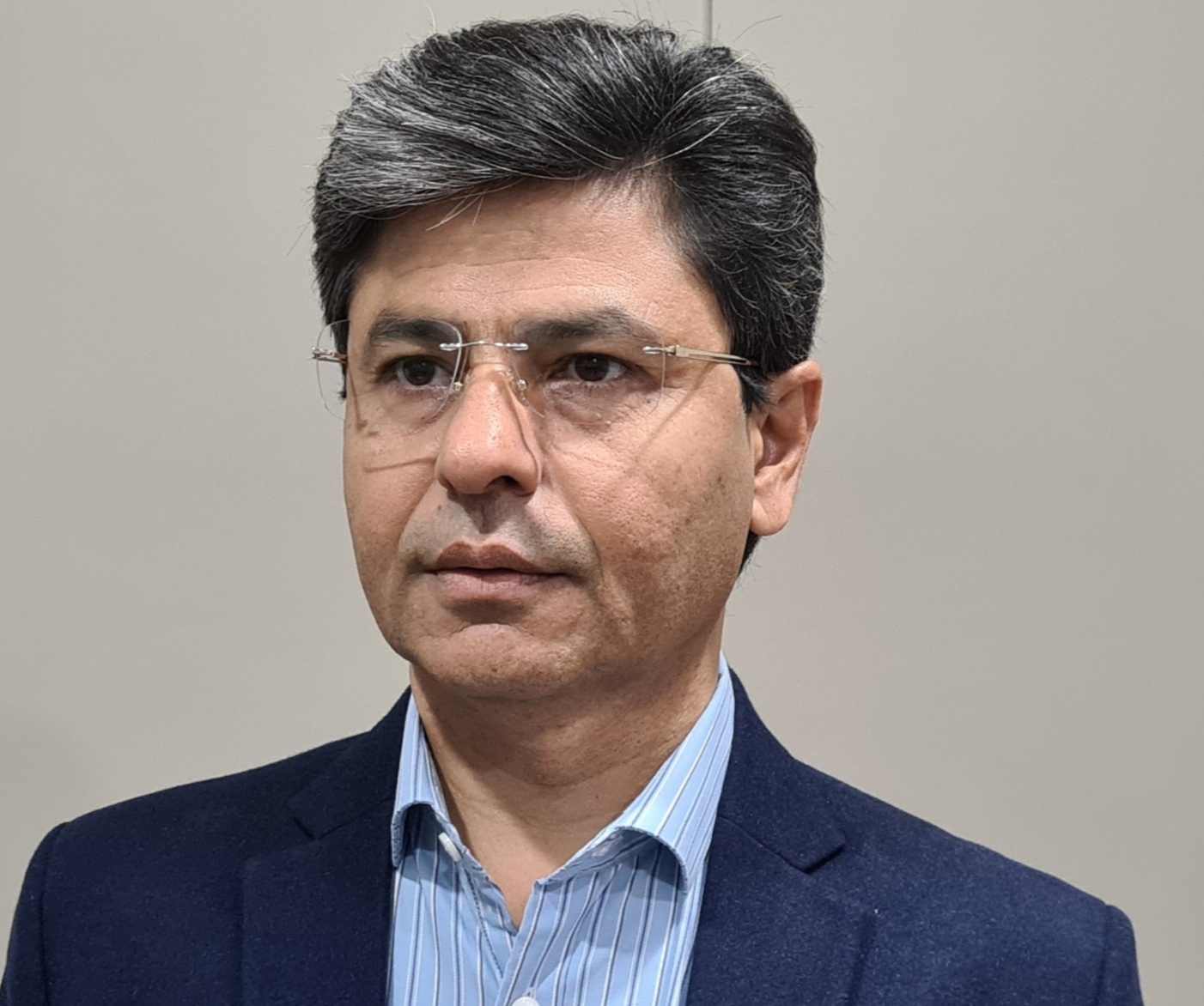
 Atir Khan
Atir Khan
In the aftermath of 9/11, the Muslims in the Western world suffered. They learnt it the hard way as they were subjected to cognitive biases due to the criminal acts of a few terrorists, who carried out one of the worst terror attacks in the world.
Following this event, Muslims in the West struggled to build a counter narrative to fight the biases they were facing. They realized they were lacking a suitable narrative to delineate themselves from the acts of the terrorists.
This realization led the practicing Muslims and intellectuals in that part of the world to consciously make efforts to build a suitable narrative, which could do the damage control as Islamophobia was on the upswing.
They embarked upon an organized journey of communicating the true spirit of Islam, which is peaceful and tolerant. By and by the narrative they built helped them delineate from the ideology that motivated the terrorist groups such as Al-Qaida and ISIS. By doing so they carved out a distinct identity for themselves as peaceful Muslims.
The counter narrative built by the Western Muslim intellectuals took more than 20 years to become effective. It was due to their efforts that communal friction has reduced to a great extent now and they are able to live peacefully.
The point being that Indian Muslims must also learn from the experiences of the Muslims in the Western world. Since Independence we have seen Indian Muslims have been building a victimhood narrative. Rather than a participatory one, which could have placed them in a far better position than they are today.
The damage which has been done due to violent acts carried out by a few select Muslims in the past have been recorded in History books. In the present day too, some irresponsible Muslim clergy try to associate Islam with violence. They condone suicide attacks, even though it is strictly forbidden in Islam.
Ever since Indian Independence whenever Indian Muslims were victimized leaders and intellectuals have come forward to highlight the concerns of their community, which is not a bad thing.
The problem is that Ulema and Muslim intellectuals have not been able to come out of the victimhood narrative. As a result, they speak and are expected to speak only when Muslims are victimized and not otherwise.
Why do maulanas speak only on the matters concerning Muslim or atrocities on Palestinians? Irrespective of which government is in power, we hardly hear their views on matters of national importance.
Are they lesser Indians than any other Indian citizen, why are they only expected to speak when Muslims are in trouble? Perhaps the reply would be there is nobody else to raise the voice for Muslims in India. But for this situation to change there needs to be a change in the mindset.
Indian ulema speak when there are atrocities on Palestinians but they are hardly seen or heard speaking whenever there are atrocities on Hindus in Pakistan. Islam says give comfort to neighbours and be good to them.
Former Prime Minister Atal Bihari Vajpayee had once said you cannot change your neighbour so be mindful about your relations with them. He was speaking in the context of Pakistan.
Hindus living in India are immediate neighbours. Islam requires that Muslims should speak for the Ummah. But it also provides for equal importance to having good relationship with neighbours.
ALSO READ: Indian Sufism: An Antidote to global radical Islamism
The problem is that Indian Ulema and Muslim intellectuals baring a few exceptions have been typecast as ‘Muslims Only.’ That is the reason whenever there is a situation they suffer from cognitive biases of the majority.
